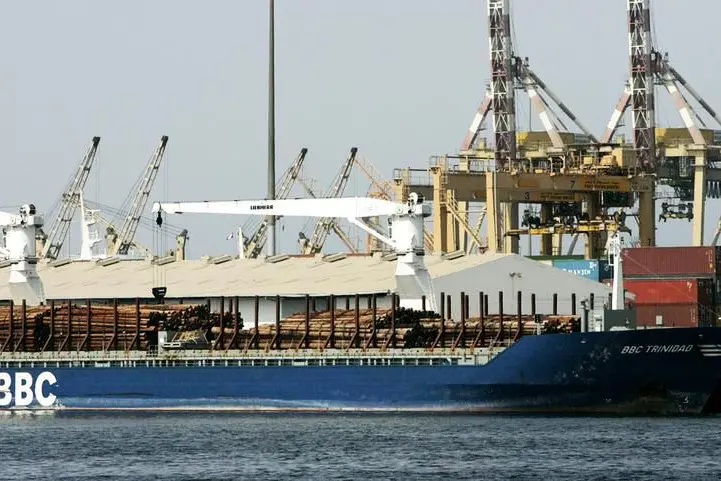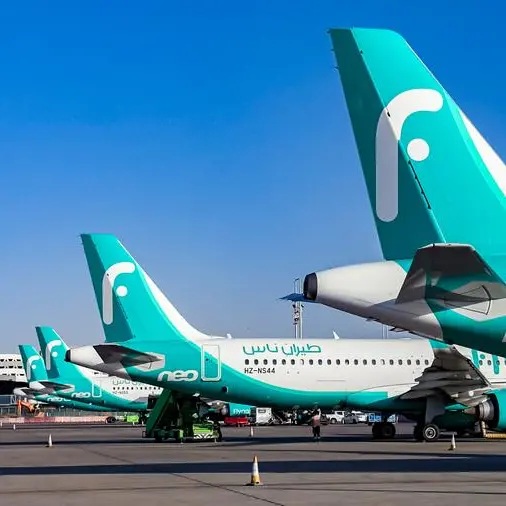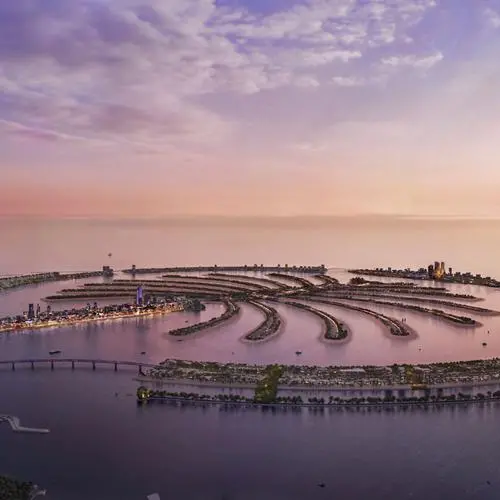PHOTO
The Ministry of Transport and Communications (MoTC) will start commercial operations in Suwaiq Port from September 1. A trial run will start from August 15.
This is in line with efforts to integrate smaller ports with big ones to maximise the potential of the maritime logistics sector. Developing the logistics sector could improve the country’s performance by more than 50 per cent in sub-sectors contributing to the GDP, according to Tanfeedh.
“In accordance with the ministry’s plan to operate small and medium commercial ports and integrate them with the strategic ports of the sultanate, it was decided to start a trial run of Suwaiq Port on August 15, and the actual run from September 1, 2018,” MoTC stated.
Speaking at a session of the Majlis A’Shura in February, H E Dr Ahmed bin Mohammed bin Salim al Futaisi, Minister of Transport and Communications, had said that ‘the ministry will launch commercial operations at Suwaiq Port by using the existing berth, which can be expanded if it decides to increase activities at the port’.
Suwaiq Port is also likely to provide synergy to the recently announced Khazaen dry port within the Khazaen Economic City. The dry port will enable Khazaen to provide urban freight consolidation from a central distribution point to service the city of Muscat, with easy connectivity to Muscat airport and Sohar Port via the Muscat and Batinah expressways. “The Khazaen dry port is central to the northern coast of Oman which is the most densely populated part of the sultanate with the best road connectivity to Sohar Port, airports and logistics providers. Collaboration is also expected with Suwaiq Port as it gradually develops in the future,” Asyad Group, Oman’s authority responsible for the development of the logistics sector, had stated during the signing ceremony to develop dry-port facilities in Khazaen in July.
According to Tanfeedh, spreading logistics infrastructure investment to different regions will boost the potential of eme-rging sectors involved in exporting, such as mining and fisheries. “The business environment in the logistics sector is tightly linked with a number of factors that affect commercial transactions. Logistics relies mainly on infrastructure; the better the infrastructure, the easier it is for investors and logistics professionals to improve and increase their commercial activities.”
An overview of the logistics sector by Tanfeedh seeks to increase investment by at least RO1bn by 2020 and raise the contribution of the logistics sector to the sultanate’s GDP to RO2bn by 2020. It also seeks to increase the number of jobs in the logistics services sector from 67,469 in 2016 to 100,000 by 2020 and increase port capacity from 3.1mn to 7mn Twenty foot equivalent units by 2020.
© Apex Press and Publishing Provided by SyndiGate Media Inc. (Syndigate.info).





















